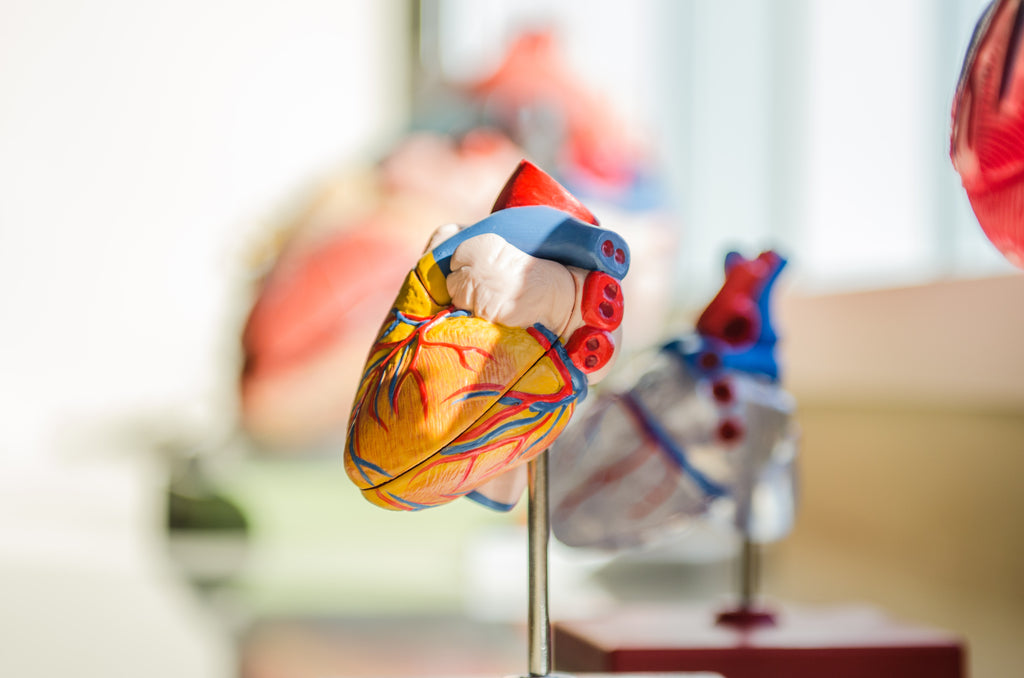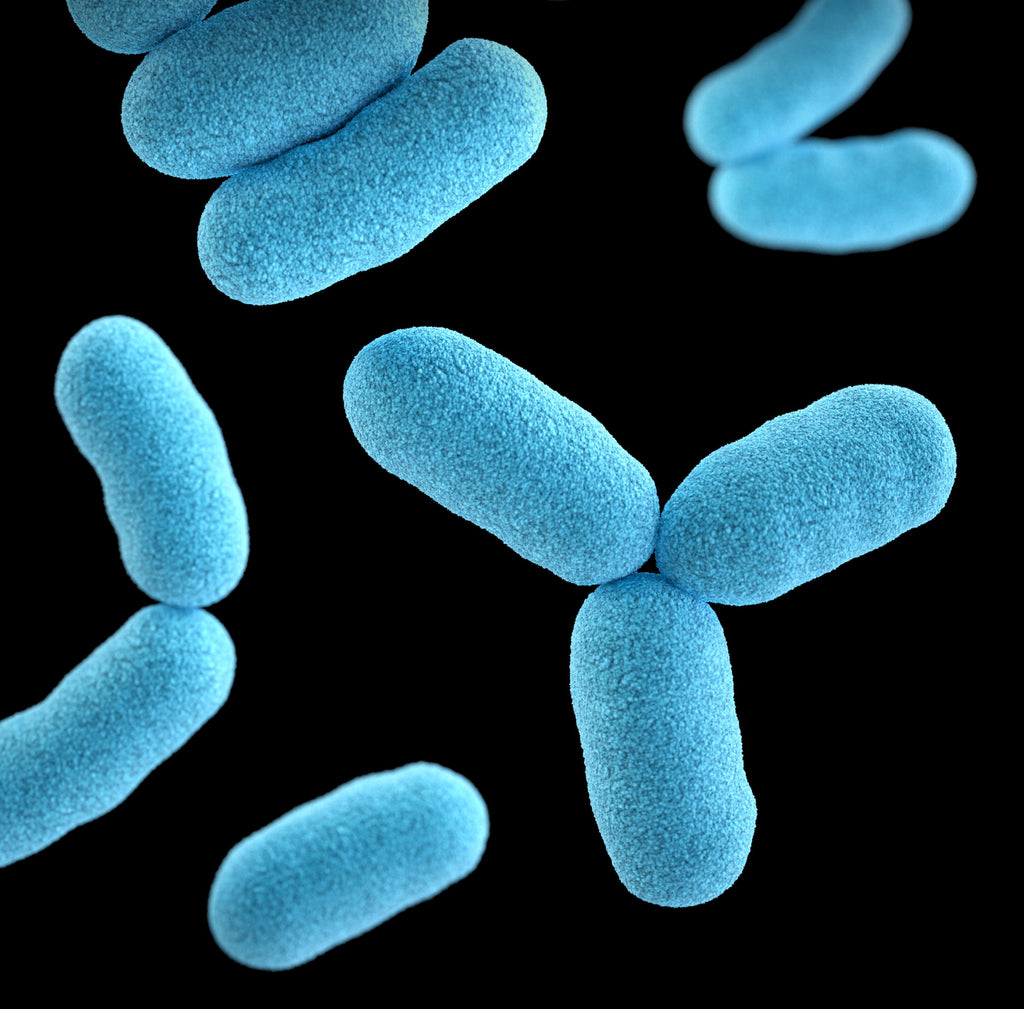We’ve all heard the saying “you gave me a heart attack!” after someone has been startled…but can this really happen or is it just hyperbole? It turns out that it can and does really happen! A neurology department chairman at Brigham and Women’s Hospital in Boston explains that when too much adrenaline is released into the bloodstream, it can have a negative, and even fatal, effect on the heart and heart rhythms. Those who are predisposed to heart disease may be more at risk for a cardiac event related to extreme fear or other strong emotions. Of course, the vast majority of people will simply have fun this Halloween and will not suffer a cardiac event from being scared. Nonetheless, it’s a good reminder to take a look at your cardiovascular disease (CAD) risk factors and what you can do to keep your heart healthy. CAD is the leading cause of death in the United States, taking the life of someone every 39 seconds. Now that’s scary!
Heart Disease Risk Factors
How do you know if you are at risk for
- Chronic
stress - Poor diet
- Lack of physical activity
- Smoking
- Overweight or obesity
- Hypertension (high blood pressure)
- Dyslipidemia (high triglycerides, high LDL’s, low HDL’s)
- Insulin Resistance & diabetes
- Poor circulation
It is important to have a physician monitor your risk factors through yearly blood tests, blood pressure, height and weight measurements, and a discussion of lifestyle habits. In addition, many experts are advocating for the importance of non-invasive imaging tests in heart disease prevention, such as coronary calcium scoring, or carotid IMT, test. These tests can get a direct look at one of the root causes of heart attacks and strokes – plaque buildup in the arteries – before symptoms appear (which may be too late).
Diet & Heart Disease
The good news is that 80-90% of these risk factors are modifiable through lifestyle changes, such as diet. A Mediterranean diet and a low-carbohydrate, high-fat diet (ie. paleo or ketogenic) have both been repeatedly shown to have a positive effect on reducing many heart disease markers. This may come as a surprise because of what we’ve been told in the past about fat, but both diets include plenty of dietary fats (mainly monounsaturated and polyunsaturated fatty acids, as well as some saturated fats. While trans fats (ie. hydrogenated oils) are still known to have a negative effect on heart disease, recent research has confirmed that natural sources of dietary fats and cholesterol are not as directly related to heart disease and high cholesterol levels as previously thought.
In terms of cholesterol, this makes sense when we consider that only about 25% of the body’s cholesterol comes from food, while 75% comes from the liver. The flawed belief that all fat and cholesterol in the diet is bad for health may be largely to blame for the high rates of heart disease and type II diabetes, as the public began to consume more sugar and refined carbohydrates over the last few decades (which are the dietary culprits now thought to play more of a role than fats). In addition to the inclusion of plenty of natural sources of fats, both the Mediterranean diet and the low-carb/high fat diet emphasize plenty of vegetables and minimal amounts of refined grains and sugars. Overall, the Mediterranean diet is thought to be easier to maintain long-term, but they both have unique benefits depending on your individual circumstances.
Heart Solutions Formula
Targeted supplementation is a great way to address cardiac risk factors using compounds derived from nature, which have been studied for their specific effects on heart health. Heart Solution by Holtraceuticals is formulated to help maintain healthy cholesterol and blood sugar levels, two important factors in preventing heart disease. Three of the main components in this formula are artichoke extract, bergamot citrus, and grape seed extract.
Whole artichokes have many benefits, including fiber, phytonutrients, and one of the highest antioxidant contents of any plant. Artichoke extract contains a compound called cynarin, which has been linked to many of the heart-related benefits like reducing inflammation, improving blood flow, and maintaining healthy cholesterol levels. Citrus Bergamia Risso, or Bergamot Orange, is a plant (fruit) rich in flavonoids. Studies have demonstrated its ability to remove fatty deposits from the liver and have a positive effect on blood sugar and cholesterol levels. Grape seed extract is also full of antioxidants and other health-promoting compounds. It has been shown to help lower blood pressure, improve circulation, and promote a healthy body weight.
Other supplements to consider for heart health include:
- Omega-3 fatty acids from fish oil
- Curcumin (derived from turmeric)
- Red Yeast Rice (helps lower cholesterol in a similar mechanism to a statin)
- Plant sterols/stanols
- Fiber
- Garlic
- Coenzyme Q10(ubiquinol)
Always check with your health care provider before beginning a supplement regimen, particularly if you are on any medications.
Use Care & Caution
In addition to dietary changes and supplementation, don’t underestimate the power of exercise. Dr. Mark Hyman of the Cleveland Clinic says that “exercise is a necessity, not a luxury” when it comes to preventing heart disease and maintaining overall health and well-being. And while a walk through the haunted house will most likely be harmless fun this Halloween, it is always a good idea to think twice about putting yourself in situations where unexpected dangers could occur or extreme fear could be invoked – particularly if you are at risk for heart disease. Managing chronic stress in day-to-day life is important for heart health as well. Consider incorporating relaxation techniques into your daily routine, such as meditation, prayer, yoga, deep breathing techniques, mindfulness, or spending time in nature.
References
1. http://www.everydayhealth.com/heart-health/heart-health-is-important-at-every-age.aspx
2. https://www.heart.org/idc/groups/heart-public/@wcm/@hcm/documents/downloadable/ucm_317636.pdf
3. http://www.lifeextension.com/magazine/2011/11/the-amazing-artichoke/page-01
4. https://draxe.com/artichokes/
5. http://drhyman.com/blog/2010/05/20/lower-your-risk-of-heart-disease-without-drugs/
6. https://chriskresser.com/the-diet-heart-myth-cholesterol-and-saturated-fat-are-not-the-enemy/
7. https://chriskresser.com/the-diet-heart-myth-cholesterol-and-saturated-fat-are-not-the-enemy/
8. http://articles.mercola.com/sites/articles/archive/2016/01/11/grape-seed-benefits.aspx
9. https://www.scientificamerican.com/article/scared-to-death-heart-attack/





